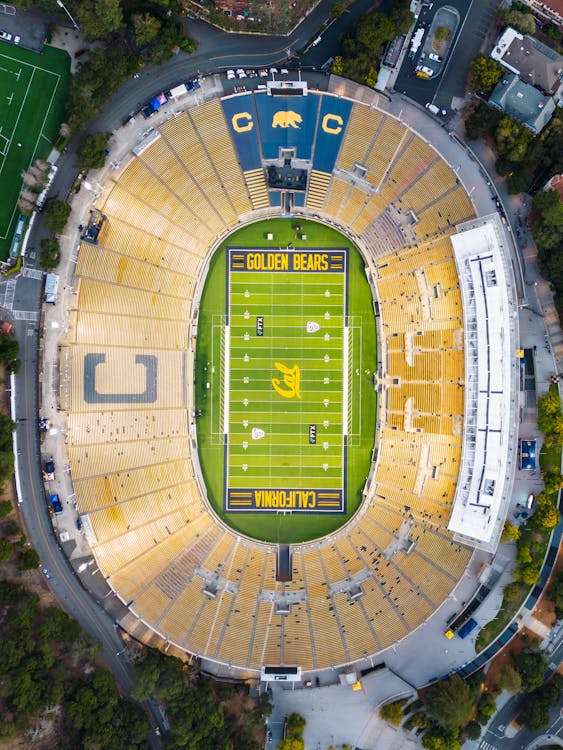
(Photo : Zetong Li )
NCAA (Representational Image)
- A U.S. judge has questioned the NCAA's $2.7 billion settlement agreement, sending it back for revisions.
- The settlement, which would allow schools to pay student athletes directly, is under scrutiny for potential restrictions on some payments.
- Judge Claudia Wilken has instructed the NCAA to respond to her concerns within three weeks.
- The outcome of this case could have far-reaching implications for the future of college sports and the rights of student athletes.
In a recent development that has sent shockwaves through the world of college sports, a U.S. judge has raised significant questions about the National Collegiate Athletic Association's (NCAA) landmark $2.7 billion settlement agreement. The agreement, which was intended to allow schools to pay student athletes directly for the first time, has been sent back for revisions following a hearing in Oakland federal court.
U.S. District Judge Claudia Wilken, who presided over the hearing, expressed her concerns about potential restrictions on some payments to athletes. She was not prepared to preliminarily approve the settlement in its current form. The deal, which was presented to the court in July for approval, was intended to resolve three lawsuits that broadly claimed NCAA rules barring payments to athletes violated U.S. antitrust law.
The settlement includes past monetary damages and would allow schools for the first time to directly pay student athletes. The NCAA has denied any wrongdoing. Judge Wilken instructed the attorneys and the NCAA to go back to the drawing board and respond to her questions within three weeks.
The Judge's Concerns and the NCAA's Response
Her concerns focused on curbs on payments tied to "NIL collectives" that help raise funds to foster NIL deals. She also expressed concern about a future $21 million cap on NIL-related funds schools could distribute annually to athletes. Jeffrey Kessler, co-lead counsel for the plaintiffs, said after the hearing that they were "prepared to negotiate with the NCAA to make these changes to satisfy the judge's concerns."
The NCAA, in a statement, said it will carefully consider the judge's questions about the settlement, which the organization called the product of hard-fought negotiations that would bring stability and sustainability to college sports. The NCAA and its power conferences had agreed in May to settle three major antitrust lawsuits that threatened to upend the business model of college sports.
The defendants agreed to pay roughly $2.7 billion in damages to current and former athletes. The parties also agreed to a forward-looking system that will allow schools to directly pay athletes via name, image, and likeness deals up to a limit, which is expected to be $20 million to $23 million per school next year and would rise on an annual basis.
The Future of the Settlement and Historical Context
However, the settlement terms would make it easier for the NCAA to eliminate those payments. What are we going to do with this? Wilken asked. I found that taking things away from people is usually not too popular. The settlement's future now hangs in the balance. If the plaintiffs and NCAA cannot reach an agreement, Wilken will be asked to set a trial date.
This case is a significant development in the ongoing debate over the rights and compensation of student athletes. It also raises important questions about the role of the NCAA and its ability to regulate college sports in a way that is fair and equitable for all parties involved.
This case is not the first of its kind. Over the years, there have been numerous lawsuits and legal challenges related to the compensation of student athletes. These cases have often centered around the question of whether student athletes should be considered employees of their respective schools and therefore entitled to compensation beyond scholarships and other forms of financial aid.
The outcome of this case could have far-reaching implications for the future of college sports and the rights of student athletes. As the case continues to unfold, all eyes will be on Judge Wilken's courtroom as she weighs the merits of the settlement and the future of student athlete compensation.









